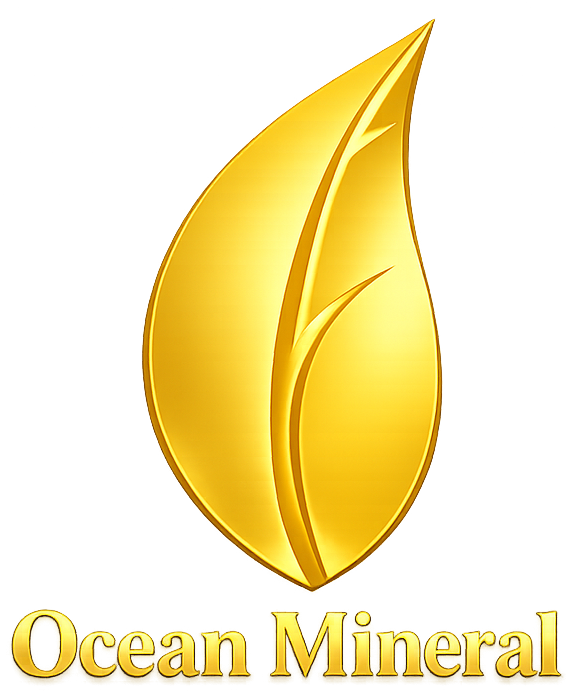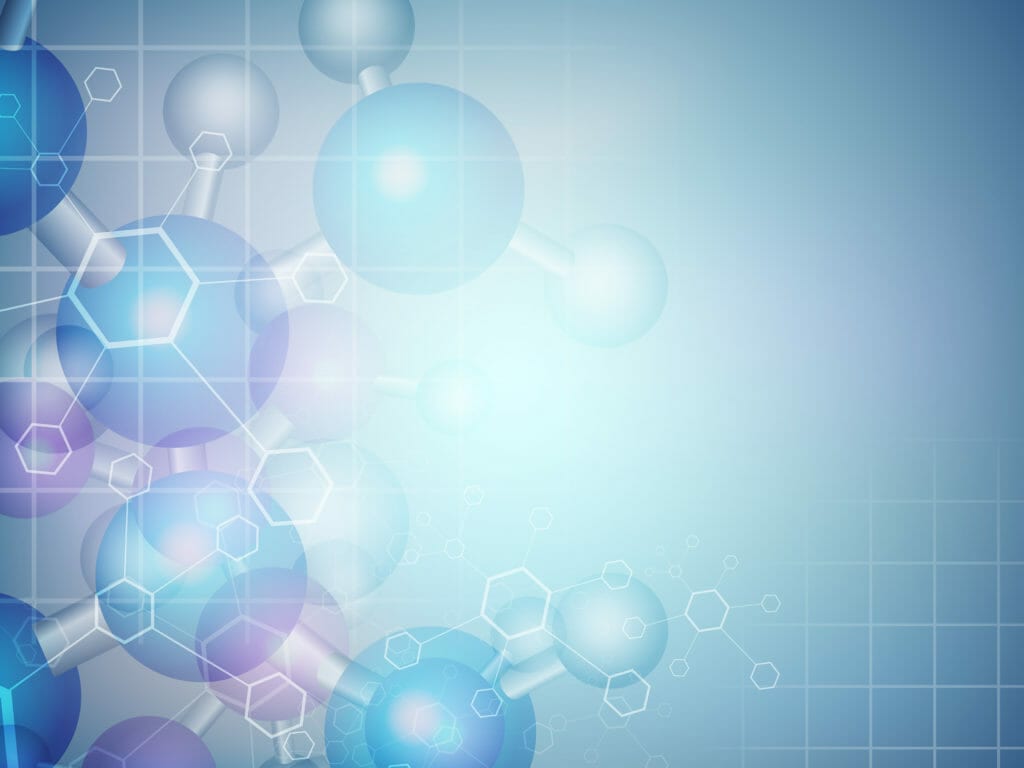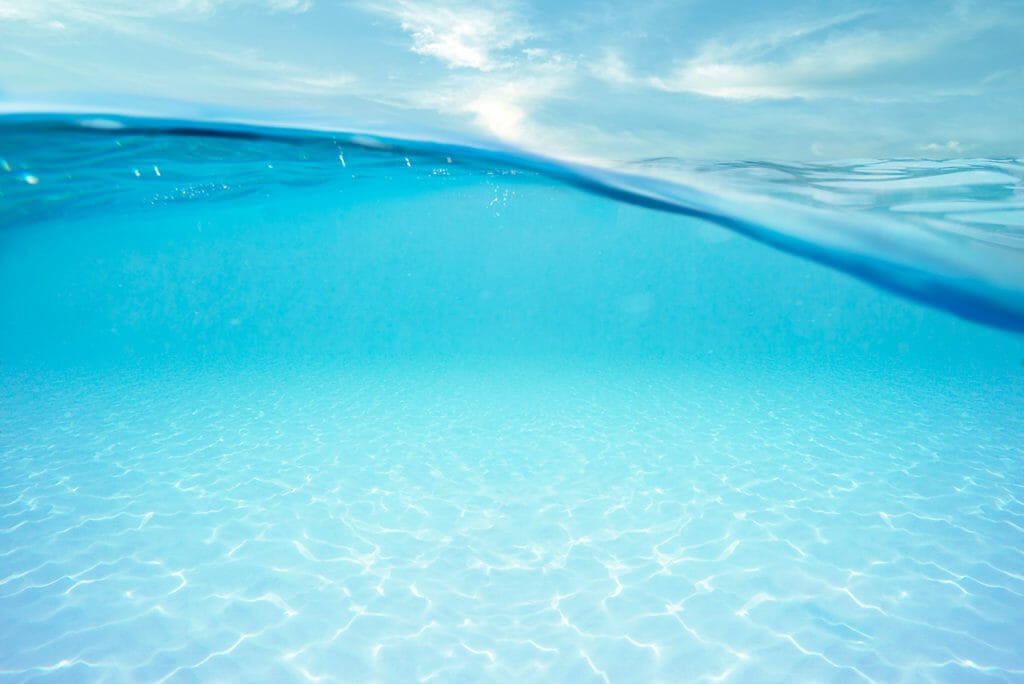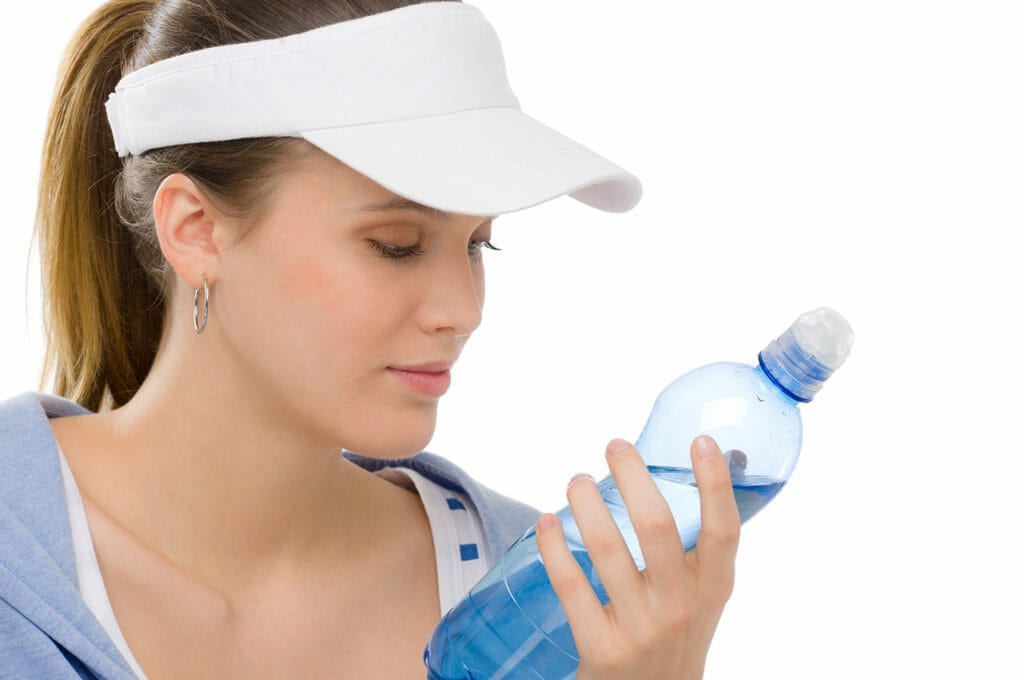Effect of dietary magnesium on development of atherosclerosis in cholesterol-fed rabbits.
The effect of dietary magnesium (Mg) on the development of atherosclerosis In cholesterol-fed rabbits was investigated. Male New Zealand White rabbits (n=31) were placed on five kinds of diets: regular, 1% cholesterol, and 1% cholesterol diets
supplemented with either 300, 600, or 900 mg (as Mg) of Mg sulfate. The regular and 1% cholesterol diets contained 400 mg of Mg per 100 g. Each rabbit received 100 g daily of the appropriate diet Additional Mg was well tolerated and did not affect blood pressure or body weight The rabbits were sacrificed after 10 weeks, and the oil red O-posrave atherosclerotic area that covered the aortic Intima and the cholesterol content of the aorta was measured. Additional Mg decreased both the area of the aortic lesions and the cholesterol content of the aortas In a dose-dependent manner. The 1% cholesterol diet significantly Increased plasma cholesterol and triglycerlde concentrations and decreased high density llpoprotein (HDL) cholesterol concentration. Additional Mg had no further effect on cholesterol and HDL cholesterol concentrations, but it slightly decreased the rise In triglycerlde concentration. These results Indicate that dietary Mg prevents the development of atherosclerosis In cholesterol-fed rabbits by Inhibiting llpld accumulation In the aortic wall.
Novel Renewable Natural Resource of Deep Ocean Water (DOW) and Their Current and Future Practical Application
Deep ocean water (DOW) contains a large stock of renewable natural resources, and is unique in having multiple essential resources such as energy, fertilizers, water, salts, metals and minerals. However, low concentrations of most resources, a high
construction cost for the pumping system to obtain DOW and limited access to DOW pumping locations have discouraged actual attempts to obtain DOW. Recent developments in technology and practical applications of the DOW resources
carried out in USA (Hawaii), Japan, Taiwan and South Korea have been included the followings: low temperature energy for generating electricity by ocean thermal energy conversion (OTEC), cooling electric power generators, air-conditioning,
holding and handling fish and shell-fish, cold aquaculture and cold agriculture, inorganic nutrients for the culture of seaweed and phytoplankton, ocean fertilization, freshwater, salts, minerals, and metals, among others.
Deep Sea Water Modulates Blood Pressure and Exhibits Hypolipidemic Effects via the AMPK-ACC Pathway: An in Vivo Study
Deep sea water (DSW), originally pumped from the Pacific Rim off the coast of Hualien County (Taiwan), and its mineral constituents, were concentrated by a low-temperature vacuum evaporation system to produce a hardness of approximately 400,000 mg/L of seawater mineral concentrate. The primary composition of this seawater mineral concentrate was ionic magnesium (Mg2+), which was approximately 96,000 mg/L. Referring to the human recommended daily allowance (RDA) of magnesium, we diluted the mineral concentrate to three different dosages: 0.1 × DSW (equivalent to 3.75 mg Mg2+/kg DSW); 1 × DSW (equivalent to 37.5 mg Mg2+/kg DSW); and 2 × DSW (equivalent to 75 mg Mg2+/kg DSW). Additionally, a magnesium chloride treatment was conducted for comparison with the DSW supplement. The study indicated that 0.1 × DSW, 1 × DSW and 2 × DSW decreased the systolic and diastolic pressures in spontaneous hypertensive rats in an eight-week experiment. DSW has been shown to reduce serum lipids and prevent atherogenesis in a hypercholesterolemic rabbit model. Our results demonstrated that 1 × DSW and 2 × DSW significantly suppressed the serum cholesterol levels, reduced the lipid accumulation in liver tissues, and limited aortic fatty streaks. These findings indicated that the antiatherogenic effects of DSW are associated with 5′-adenosine monophosphate-activated protein kinase (AMPK) stimulation and the consequent inhibition of phosphorylation of acetyl-CoA carboxylase (ACC) in atherosclerotic rabbits. We hypothesize that DSW could potentially be used as drinking water because it modulates blood pressure, reduces lipids, and prevents atherogenesis.
On Sale: My Grow Minerals
For Canadian Market Only. Product Name Dilution Direction Unit Price Stock MyGrowMinerals: Dilution-100 Mix 10ml in 1liter of water CAD$ 577 / 1 GAL BucketBefore Tax – EX Work Temporally Not Available MyGrowMinerals: Dilution-300 Mix 10ml in 3 liters of water CAD$ 1590 / 1 GAL BucketBefore Tax – EX Work Available Please contact us
On Sale: My Grow Minerals Read More »
Drinking Deep Seawater Decreases Serum Total and Low-Density Lipoprotein–Cholesterol in Hypercholesterolemic Subjects
Drinking deep seawater (DSW) with high levels of magnesium (Mg) decreased serum lipids in animal studies. Therefore the effects of drinking DSW on blood lipids and its antioxidant capacity in hypercholesterolemic subjects were investigated. DSW was first prepared by a process of filtration and reverse osmosis, and then the concentrated DSW with high levels of Mg was diluted as drinking DSW. Forty-two hypercholesterolemic volunteers were randomly divided into three groups: reverse osmotic (RO) water, DSW (Mg: 395 mg/L, hardness 1410 ppm), and magnesium-chloride fortified (MCF) water (Mg: 386 mg/L, hardness 1430 ppm). The subjects drank 1050 mL of water daily for 6 weeks, and blood samples were collected and analyzed on weeks 0, 3, and 6. Drinking DSW caused a decrease in blood total cholesterol levels and this effect was progressively enhanced with time. Serum low-density lipoprotein–cholesterol (LDL-C) was also decreased by DSW. Further, total cholesterol levels of subjects in the DSW group were significantly lower than those in the MCF water or RO water groups. Compared with week 0, the DSW group had higher blood Mg level on weeks 3 and 6, but the Mg levels were within the normal range in all three groups. DSW consumption also lowered thiobarbituric acid-reactive substances (TBARS) values in serum. In conclusion, DSW was apparently effective in reducing blood total cholesterol and LDL-C, and also in decreasing lipid peroxidation in hypercholesterolemic subjects.
Concentration of ions in selected bottled water samples sold in Malaysia
Many consumers around the world, including Malaysians, have turned to bottled water as their main source of drinking water. The aim of this study is to determine the physical and chemical properties of bottled water samples sold in Selangor, Malaysia. A total of 20 bottled water brands consisting of ‘natural mineral (NM)’ and ‘packaged drinking (PD)’ types were randomly collected and analyzed for their physical–chemical characteristics: hydrogen ion concentration (pH), electrical conductivity (EC) and total dissolved solids (TDS), selected major ions: calcium (Ca), potassium (K), magnesium (Mg) and sodium (Na), and minor trace constituents: copper (Cu) and zinc (Zn) to ascertain their suitability for human consumption. The results obtained were compared with guideline values recommended by World Health Organization (WHO) and Malaysian Ministry of Health (MMOH), respectively. It was found that all bottled water samples were in accordance with the guidelines set by WHO and MMOH except for one sample (D3) which was below the pH limit of 6.5. Both NM and PD bottled water were dominated by Na + K > Ca > Mg. Low values for EC and TDS in the bottled water samples showed that water was deficient in essential elements, likely an indication that these were removed by water treatment. Minerals like major ions were present in very low concentrations which could pose a risk to individuals who consume this water on a regular basis. Generally, the overall quality of the supplied bottled water was in accordance to standards and guidelines set by WHO and MMOH and safe for consumption.
Concentration of ions in selected bottled water samples sold in Malaysia Read More »
Deep-Sea Water Improves Cardiovascular Hemodynamics in Kurosawa and Kusanagi-Hypercholesterolemic (KHC) Rabbits
Deep-sea water is rich in minerals, e.g., Mg, Ca, and K which have been considered to be associated with prevention of cardiovascular disease. We investigated the effect of deep-sea water on cardiovascular hemodynamics in Kurosawa and Kusanagi-Hypercholesterolemic (KHC) rabbits. Deep-sea water was pumped in the offing of Cape Muroto in Japan and the mineral constituents were refined to a degree of hardness of 1000. Twenty four 4-month-old KHC rabbits were given refined deep-sea water (n=12) and tap water (n=12) for 6 months. Pressure and flow waves at the ascending aorta were recorded under pentobarbital anesthesia. Systolic, diastolic, pulse and mean arterial pressures and total peripheral resistance were significantly lower in the deep-sea water group than in the control group. There were no significant differences in changes in serum lipid levels, plasma renin and angiotensin converting enzyme activities and electrolyte levels except for Mg2+ after the feeding of the water between the two groups. A slight increase in serum Mg2+ level in the deep-sea water group may not account for the inhibition of mild hypertension. From our results, we conclude that deep-sea water could improve cardiovascular hemodynamics, even though the factors which affect the blood pressure are still unknown.
Anti-obesity and Antidiabetic Effects of Deep Sea Water on ob/ob Mice
Recently, deep sea water (DSW) has started to receive much attention for therapeutic intervention in some lifestyle diseases. In this study, the anti-obesity and antidiabetic effects of DSW in ob/ob mice were investigated. The animals were randomly divided into two groups with six animals: control group received tap water; the experimental group was treated with DSW of hardness 1000 for 84 days. The body weight gain after 84 days in DSW-fed group was decreased by 7% compared to the control group. The plasma glucose levels in the DSW-fed mice were substantially reduced by 35.4%, as compared to control mice. The results of oral glucose tolerance test revealed that DSW-fed groups significantly increased the glucose disposal after 84 days. DSW increased plasma protein levels of adiponectin and decreased plasma protein levels of resistin, RBP4, and fatty acid binding protein. Moreover, GLUT4 and AMP-activated protein kinase levels in skeletal muscle tissue were increased while peroxisome proliferator-activated receptor γ and adiponectin were decreased in adipose tissue of DSW-fed mice. These results suggest that the antidiabetic and anti-obesity activities of DSW were mediated by modulating the expression of diabetes- and obesity-specific molecules. Taken together, these results provide a possibility that continuous intake of DSW can ameliorate obesity and diabetes.
Anti-obesity and Antidiabetic Effects of Deep Sea Water on ob/ob Mice Read More »









